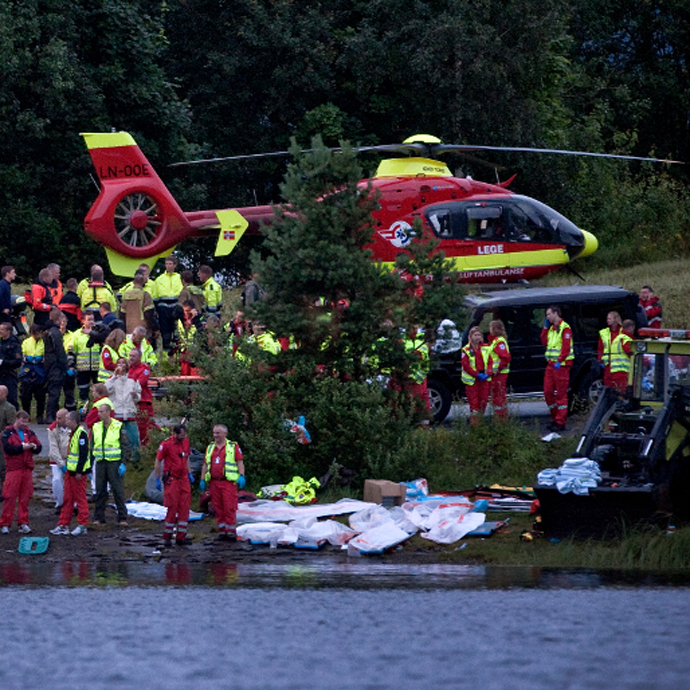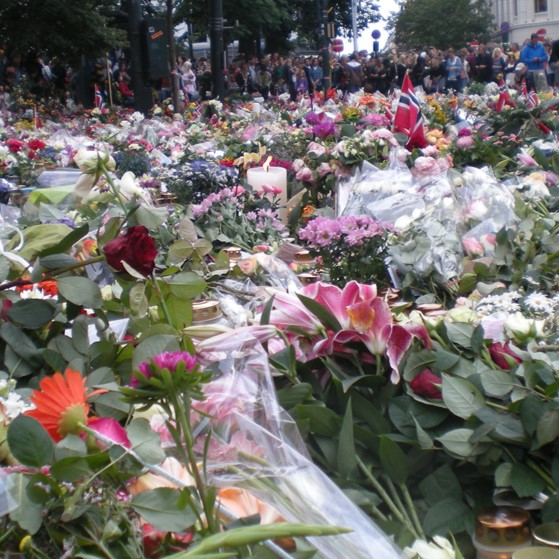On this page, we have gathered research on the 22 July terror attacks and their long-term impacts, and present key publications on right-wing violence and terrorism.


Perspectives on Terrorism: The Long-Term Impacts of the Attacks
Tore Bjørgo and Anders Ravik Jupskås have co-edited a Special Issue of Perspectives on Terrorism on the aftereffects of the 22 July terror attack in Norway.

Bibliography on Norwegian and international research on the 22 July Attacks
The bibliography is updated annually.
RightNow! blog

-
How do Norwegian interpret July 22 a decade after. Anders Ravik Jupskås and Øyvind Bugge Solheim, 16 Jul 2021
-
Do not let the fear of terror rule. Other dangers threaten democracy. Jacob Aasland Ravndal, 13 Jul 2021
-
Why did Muslims become the new enemy in Norway and Europe? Katrine Fangen, 9 Jul 2021
Read more posts on the RightNow! blog, which publishes commentaries, analyses and reflections by C-REX researchers and affiliates on topics related to contemporary far-right politics.

Ten years after 22nd July: Time heals all wounds? (in Norwegian)
"A large part of the Norwegian population thinks that 22nd July is an event they are largely finished with," says C-REX deputy director Anders Ravik Jupskås in this interview. At the same time, the status of the 22nd July terrorist is growing in the far-right extremist environment, according to research from the center.

Recording from the C-REX conference on June 10, 2021 (in Norwegian)
On the occasion of the 10th anniversary of the 22 July terrorist attacks, C-REX hosted a digital conference on 10 June 2021. Leading C-REX researchers and guests discussed research findings and knowledge gaps.
Conference recordings available in Norwegian,